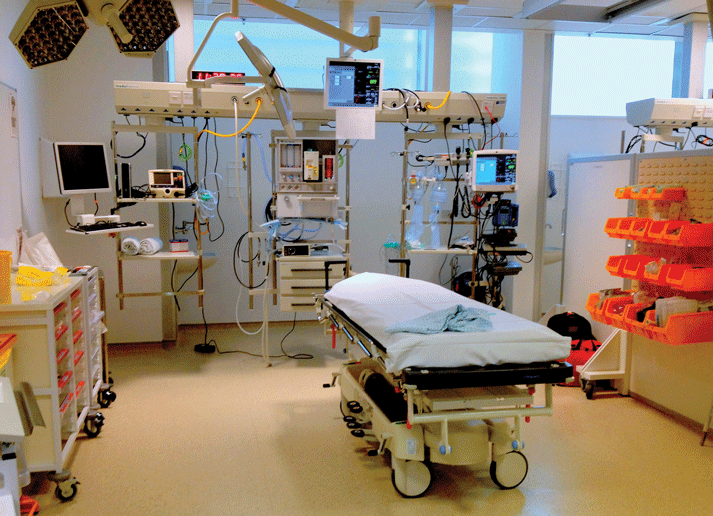Become A Member
About EMRA
Your life has never been busier, but you’re driven by the need to help others – it’s why you do what you do. We get it because we’ve been there too. You can rely on us to help you every step of the way, so you can easily find the resources, mentors, and connections you need to succeed.
Why do we do it? Because caring about others is who we are, and that means we care about you too.
EMRA is the largest and oldest independent resident organization in the world. EMRA was founded in 1974 and today has a membership of over 16,000 residents, medical students, fellows, and alumni.
- EMRA membership supports you clinically. New members receive a new member kits chock full of on-shift resources
- EMRA membership supports your interests offering committees to connect you with like-minded members.
- EMRA membership supports your path offering awards, scholarships and travel stipends
- EMRA membership offers publishing opportunities with EM Resident magazine and EMRA books.
- EMRA membership provides leadership opportunities through our Committees, Rep Council, EMRA Reps to ACEP Committees and Sections and the EMRA Board.
Mission Statement
The Emergency Medicine Residents' Association is the voice of emergency medicine physicians-in-training and the future of our specialty.
EMRA Strategic Plan
This Strategic Plan sets a timeline of three years to achieve and improve EMRA’s function and operations. In the 2026-2029 Strategic Plan, EMRA continues to focus on the three pillars:
- Education
- Leadership
- Advocacy


Join EMRA / Renew Membership
Alumni
A former EMRA resident or international member can continue their EMRA experience.
Annual Dues
| Member Category | EMRA Dues | ACEP Dues | Subtotal |
| Resident/Fellow | $70 | $45 | $115* |
| Medical Student | $40 | $30 | $70* |
| Alumni | $109 | N/A | $109 |
| International Resident | $35 | $45 | $80 (electronic resources only; does not include any physically mailed items) |
|
International |
$40 |
$30 |
$70 (electronic resources only; does not include any physically mailed items) |
All individuals joining EMRA will also pay dues to the American College of Emergency Physicians (ACEP).
*ACEP Chapter dues are an additional expense not reflected here.
ACEP National and Chapter dues are not governed by EMRA.
Membership Types
Resident/Fellow Members
Any intern, resident, or fellow in an emergency medicine related field associated with a United States, Canada, or Puerto Rico residency in an emergency medicine residency, whether allopathic or osteopathic.
International Resident Members
Any intern, resident, or fellow interested in emergency medicine who is not a resident of the United States, a possession thereof, or of Canada.
Student Members
Any medical student of a school accredited by the Accreditation Council for Graduate Medical Education or the American Osteopathic Association. International student members receive the same online benefits as US medical student members.
Alumni
All alumni members must meet at least one of the following criteria:
- Any former active or international member of the Association who has a continued interest in the organization;
- Any physician who completed an ACGME or AOA accredited emergency medicine residency program;
- Any physician who is board certified by ABEM or AOBEM;
- Any physician who completed a training program outside the United States or Canada in Emergency Medicine or Pediatric Emergency Medicine that is certified by an equivalent international certifying body recognized by ACEP;
- As of April 2, 2019, current alumni members eligible under previous criteria who maintain continuous membership will be allowed to continue membership.







